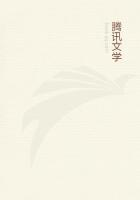The republic of Holland was gone, and the empire of Germany, and the great Council of Venice, and the old Helvetian League, and the House of Bourbon, and the parliaments and aristocracy of France.Europe was full of young creations, a French empire, a kingdom of Italy, a Confederation of the Rhine.Nor had the late events affected only territorial limits and political institutions.The distribution of property, the composition and spirit of society, had, through great part of Catholic Europe, undergone a complete change.But the unchangeable Church was still there.
Some future historian, as able and temperate as Professor Ranke, will, we hope, trace the progress of the Catholic revival of the nineteenth century.We feel that we are drawing too near our own time, and that, if we go on, we shall be in danger of saying much which may be supposed to indicate, and which will certainly excite, angry feelings.We will, therefore, make only one more observation, which, in our opinion, is deserving of serious attention.
During the eighteenth century, the influence of the Church of Rome was constantly on the decline.Unbelief made extensive conquests in all the Catholic countries of Europe, and in some countries obtained a complete ascendency.The Papacy was at length brought so low as to be an object of derision to infidels, and of pity rather than of hatred to Protestants.During the nineteenth century, this fallen Church has been gradually rising from her depressed state and reconquering her old dominion.No person who calmly reflects on what, within the last few years, has passed in Spain, in Italy, in South America, in Ireland, in the Netherlands, in Prussia, even in France, can doubt that the power of this Church over the hearts and minds of men, is now greater far than it was when the Encyclopaedia and the Philosophical Dictionary appeared.It is surely remarkable, that neither the moral revolution of the eighteenth century, nor the moral counter-revolution of the nineteenth, should, in any perceptible degree, have added to the domain of Protestantism.
During the former period, whatever was lost to Catholicism was lost also to Christianity; during the latter, whatever was regained by Christianity in Catholic countries was regained also by Catholicism.We should naturally have expected that many minds, on the way from superstition to infidelity, or on the way back from infidelity to superstition, would have stopped at an intermediate point.Between the doctrines taught in the schools of the Jesuits, and those which were maintained at the little supper parties of the Baron Holbach, there is a vast interval, in which the human mind, it should seem, might find for itself some resting-place more satisfactory than either of the two extremes.
And at the time of the Reformation, millions found such a resting-place.Whole nations then renounced Popery without ceasing to believe in a first cause, in a future life, or in the Divine mission of Jesus.In the last century, on the other hand, when a Catholic renounced his belief in the real Presence, it was a thousand to one that he renounced his belief in the Gospel too;and, when the reaction took place, with belief in the Gospel came back belief in the real presence.
We by no means venture to deduce from these phenomena any general law; but we think it a most remarkable fact, that no Christian nation, which did not adopt the principles of the Reformation before the end of the sixteenth century, should ever have adopted them.Catholic communities have, since that time, become infidel and become Catholic again; but none has become Protestant.
Here we close this hasty sketch of one of the most important portions of the history of mankind.Our readers will have great reason to feel obliged to us if we have interested them sufficiently to induce them to peruse Professor Ranke's book.We will only caution them against the French translation, a performance which, in our opinion, is just as discreditable to the moral character of the person from whom it proceeds as a false affidavit or a forged bill of exchange would have been, and advise them to study either the original, or the English version, in which the sense and spirit of the original are admirably preserved.

